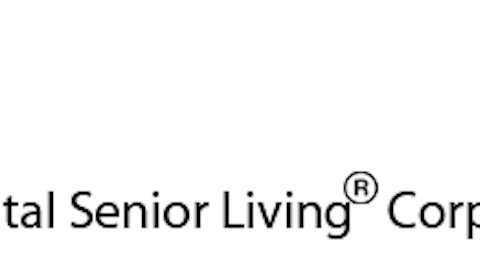Kindred Healthcare, Inc. (NYSE:KND) has seen a decrease in hedge fund interest of late.

Equally as key, bullish insider trading activity is another way to parse down the stock market universe. Obviously, there are a variety of stimuli for an upper level exec to get rid of shares of his or her company, but just one, very obvious reason why they would behave bullishly. Several academic studies have demonstrated the valuable potential of this tactic if investors know where to look (learn more here).
With all of this in mind, let’s take a gander at the key action encompassing Kindred Healthcare, Inc. (NYSE:KND).
What does the smart money think about Kindred Healthcare, Inc. (NYSE:KND)?
Heading into Q2, a total of 12 of the hedge funds we track were long in this stock, a change of -8% from the first quarter. With hedge funds’ positions undergoing their usual ebb and flow, there exists an “upper tier” of key hedge fund managers who were upping their holdings considerably.
According to our comprehensive database, Dreman Value Management, managed by David Dreman, holds the largest position in Kindred Healthcare, Inc. (NYSE:KND). Dreman Value Management has a $10.3 million position in the stock, comprising 0.3% of its 13F portfolio. The second largest stake is held by Royce & Associates, managed by Chuck Royce, which held a $8.4 million position; less than 0.1%% of its 13F portfolio is allocated to the company. Remaining hedgies that are bullish include Nelson Obus’s Wynnefield Capital, Jim Simons’s Renaissance Technologies and Peter Rathjens, Bruce Clarke and John Campbell’s Arrowstreet Capital.
Due to the fact that Kindred Healthcare, Inc. (NYSE:KND) has witnessed a declination in interest from the aggregate hedge fund industry, it’s safe to say that there exists a select few money managers who were dropping their entire stakes in Q1. At the top of the heap, Stephen DuBois’s Camber Capital Management cut the biggest position of the 450+ funds we track, comprising close to $10.8 million in stock., and D. E. Shaw of D E Shaw was right behind this move, as the fund said goodbye to about $0.3 million worth. These bearish behaviors are interesting, as aggregate hedge fund interest fell by 1 funds in Q1.
What have insiders been doing with Kindred Healthcare, Inc. (NYSE:KND)?
Insider buying is best served when the primary stock in question has experienced transactions within the past half-year. Over the latest six-month time period, Kindred Healthcare, Inc. (NYSE:KND) has seen zero unique insiders buying, and 9 insider sales (see the details of insider trades here).
Let’s also review hedge fund and insider activity in other stocks similar to Kindred Healthcare, Inc. (NYSE:KND). These stocks are Assisted Living Concepts, Inc. (NYSE:ALC), Five Star Quality Care, Inc. (NYSE:FVE), Capital Senior Living Corporation (NYSE:CSU), The Ensign Group, Inc. (NASDAQ:ENSG), and National HealthCare Corporation (NYSEAMEX:NHC). This group of stocks are the members of the long-term care facilities industry and their market caps are closest to KND’s market cap.




